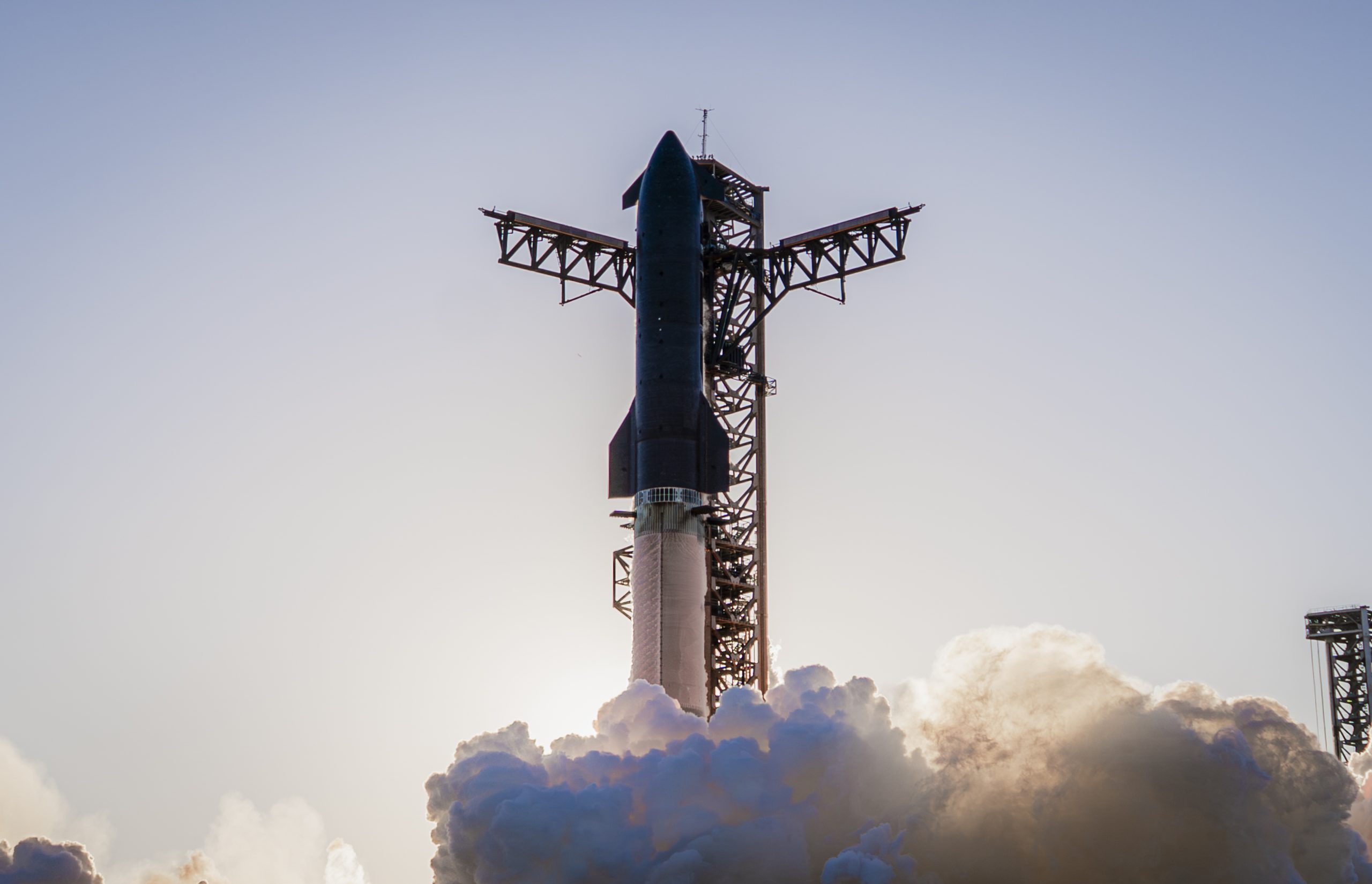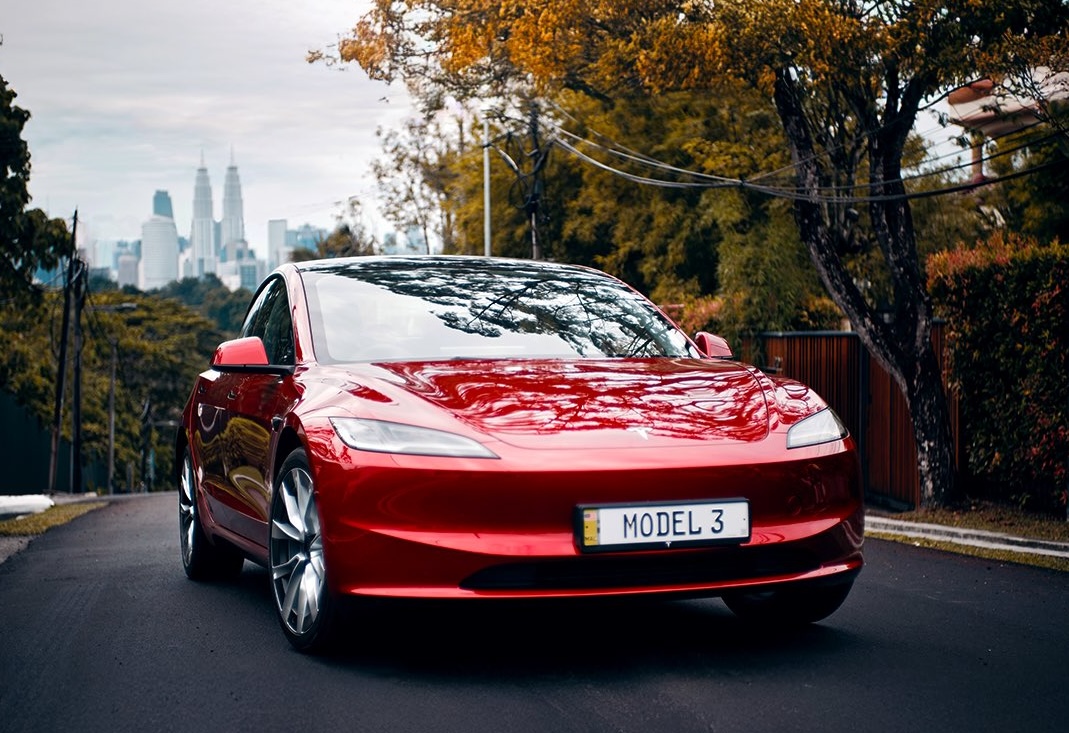

News
Auto lobby group worries that most U.S. EVs disqualified for EV tax credit
Automaker lobby group Alliance for Automotive Innovation says that if additional sourcing requirements go into effect, U.S. automakers won’t qualify for the full credit.
According to Reuters, these automakers have been privately expressing their worries about the proposal’s increasing requirements regarding batteries and critical mineral contents being sourced from the U.S.
John Bozzella, head of the Alliance for Automotive Innovation, is calling for a “more gradual phase-in” of the requirements.
The lobby group represents General Motors, Toyota, and Ford Motor as well as a few other automakers. The group said that the proposal by Senators Schumer and Manchin would make 70% of 72 U.S. electric, plug-in hybrid, and fuel-cell EVs ineligible for the $7,500 tax credit if the bill is passed.
“A more gradual phase-in of the battery component, critical mineral and final assembly requirements – that better reflect current geopolitical, sourcing and mineral extraction realities – will preserve the credit for millions of Americans,” Bozzella told Reuters.
“None would qualify for the full credit…”
According to Bozzella,
“None would qualify for the full credit when additional sourcing requirements go into effect.”
The automakers represented by the lobby group have expressed their feelings about this bill previously and I wrote about this here. Senator Manchin pointed out that the U.S. needs to step away from its dependence on foreign supply chains.
Not All U.S. Automakers will have this problem as the lobby group fears.
There is one other U.S. automaker that isn’t represented by this lobby group and that’s Tesla. Yesterday, I spoke with Todd Malan, the Chief External Affairs Officer & Head of Climate Strategy at Talon Metals.
Talon Metals is a key partner of Tesla’s key nickel and battery mineral supplier of Tesla’s and it’s also based here in the U.S. The nickel mine is in Tamarack, Minnesota. Todd noted that other automotive lobby groups, such as the Zero Emissions Transportation Association (ZETA), had a more nuanced view of Manchin’s proposal.
He also pointed out that Tesla is a lead member of ZETA which is in favor of Manchin’s EV incentives. Todd also emphasized that these other automakers need to work together with their suppliers.
“We need everyone working together to meet these ambitious goals in the Manchin bill.
Mining is the front end of the supply chain and it takes enormous knowhow, capital, and risk tolerance to discover, delineate, permit, construct and then safely operate a mine to supply battery minerals.”
Todd also shared a bit of what it was like to have the off-take agreement with Tesla.
“Having a Tesla off-take agreement in place has changed the perception of our project in the community. It’s very credentializing and our employees are proud of the partnership. People clearly understand that our proposed mine has a purpose: to supply nickel for the EV battery supply chain and contribute to the energy transition. This has helped shape how people perceive the project. It has a purpose and an important one.”
“Many of the large automakers are helping supply partners apply for some of the significant new funding opportunities being made available through the Bipartisan Infrastructure Bill. The Department of Energy is expected to give out over $1.8 billion in funding from that legislation this fall. This is another example of how the end-users can help the front end of the supply chain for battery materials.”
You can read my full interview with Todd Malan here.
Disclaimer: Johnna is long Tesla.
I’d love to hear from you! If you have any comments, concerns, or see a typo, you can email me at johnna@teslarati.com. You can also reach me on Twitter @JohnnaCrider1

News
Tesla gives its biggest hint that Full Self-Driving in Europe is imminent

Tesla has given its biggest hint that Full Self-Driving in Europe is imminent, as a new feature seems to show that the company is preparing for frequent border crossings.
Tesla owner and influencer BLKMDL3, also known as Zack, recently took his Tesla to the border of California and Mexico at Tijuana, and at the international crossing, Full Self-Driving showed an interesting message: “Upcoming country border — FSD (Supervised) will become unavailable.”
FSD now shows a new message when approaching an international border crossing.
Stayed engaged the whole way as we crossed the border and worked great in Mexico! pic.twitter.com/bDzyLnyq0g
— Zack (@BLKMDL3) January 26, 2026
Due to regulatory approvals, once a Tesla operating on Full Self-Driving enters a new country, it is required to comply with the laws and regulations that are applicable to that territory. Even if legal, it seems Tesla will shut off FSD temporarily, confirming it is in a location where operation is approved.
This is something that will be extremely important in Europe, as crossing borders there is like crossing states in the U.S.; it’s pretty frequent compared to life in America, Canada, and Mexico.
Tesla has been working to get FSD approved in Europe for several years, and it has been getting close to being able to offer it to owners on the continent. However, it is still working through a lot of the red tape that is necessary for European regulators to approve use of the system on their continent.
This feature seems to be one that would be extremely useful in Europe, considering the fact that crossing borders into other countries is much more frequent than here in the U.S., and would cater to an area where approvals would differ.
Tesla has been testing FSD in Spain, France, England, and other European countries, and plans to continue expanding this effort. European owners have been fighting for a very long time to utilize the functionality, but the red tape has been the biggest bottleneck in the process.
Tesla Europe builds momentum with expanding FSD demos and regional launches
Tesla operates Full Self-Driving in the United States, China, Canada, Mexico, Puerto Rico, Australia, New Zealand, and South Korea.
Elon Musk
SpaceX Starship V3 gets launch date update from Elon Musk
The first flight of Starship Version 3 and its new Raptor V3 engines could happen as early as March.

Elon Musk has announced that SpaceX’s next Starship launch, Flight 12, is expected in about six weeks. This suggests that the first flight of Starship Version 3 and its new Raptor V3 engines could happen as early as March.
In a post on X, Elon Musk stated that the next Starship launch is in six weeks. He accompanied his announcement with a photo that seemed to have been taken when Starship’s upper stage was just about to separate from the Super Heavy Booster. Musk did not state whether SpaceX will attempt to catch the Super Heavy Booster during the upcoming flight.
The upcoming flight will mark the debut of Starship V3. The upgraded design includes the new Raptor V3 engine, which is expected to have nearly twice the thrust of the original Raptor 1, at a fraction of the cost and with significantly reduced weight. The Starship V3 platform is also expected to be optimized for manufacturability.
The Starship V3 Flight 12 launch timeline comes as SpaceX pursues an aggressive development cadence for the fully reusable launch system. Previous iterations of Starship have racked up a mixed but notable string of test flights, including multiple integrated flight tests in 2025.
Interestingly enough, SpaceX has teased an aggressive timeframe for Starship V3’s first flight. Way back in late November, SpaceX noted on X that it will be aiming to launch Starship V3’s maiden flight in the first quarter of 2026. This was despite setbacks like a structural anomaly on the first V3 booster during ground testing.
“Starship’s twelfth flight test remains targeted for the first quarter of 2026,” the company wrote in its post on X.
News
Tesla China rolls out Model 3 insurance subsidy through February
Eligible customers purchasing a Model 3 by February 28 can receive an insurance subsidy worth RMB 8,000 (about $1,150).

Tesla has rolled out a new insurance subsidy for Model 3 buyers in China, adding another incentive as the automaker steps up promotions in the world’s largest electric vehicle market.
Eligible customers purchasing a Model 3 by February 28 can receive an insurance subsidy worth RMB 8,000 (about $1,150).
A limited-time subsidy
The insurance subsidy, which was announced by Tesla China on Weibo, applies to the Model 3 RWD, Long Range RWD, and Long Range AWD variants. Tesla stated that the offer is available to buyers who complete their purchase on or before February 28, as noted in a CNEV Post report. The starting prices for these variants are RMB 235,500, RMB 259,500, and RMB 285,500, respectively.
The Tesla Model 3 Performance, which starts at RMB 339,500, is excluded from the subsidy. The company has previously used insurance incentives at the beginning of the year to address softer seasonal demand in China’s auto market. The program is typically phased out as sales conditions stabilize over the year.
China’s electric vehicle market
The insurance subsidy followed Tesla’s launch of a 7-year low-interest financing plan in China on January 6, which is aimed at improving vehicle affordability amid changing policy conditions. After Tesla introduced the financing program, several automakers, such as Xiaomi, Li Auto, Xpeng, and Voyah, introduced similar long-term financing options.
China’s electric vehicle market has faced additional headwinds entering 2026. Buyers of new energy vehicles are now subject to a 5% purchase tax, compared with the previous full exemption. At the same time, vehicle trade-in subsidies in several cities are expected to expire in mid-November.
Tesla’s overall sales in China declined in 2025, with deliveries totaling 625,698 vehicles, down 4.78% year-over-year. Model 3 deliveries increased 13.33% to 200,361 units, while Model Y deliveries, which were hampered by the changeover to the new Model Y in the first quarter, fell 11.45% to 425,337 units.









